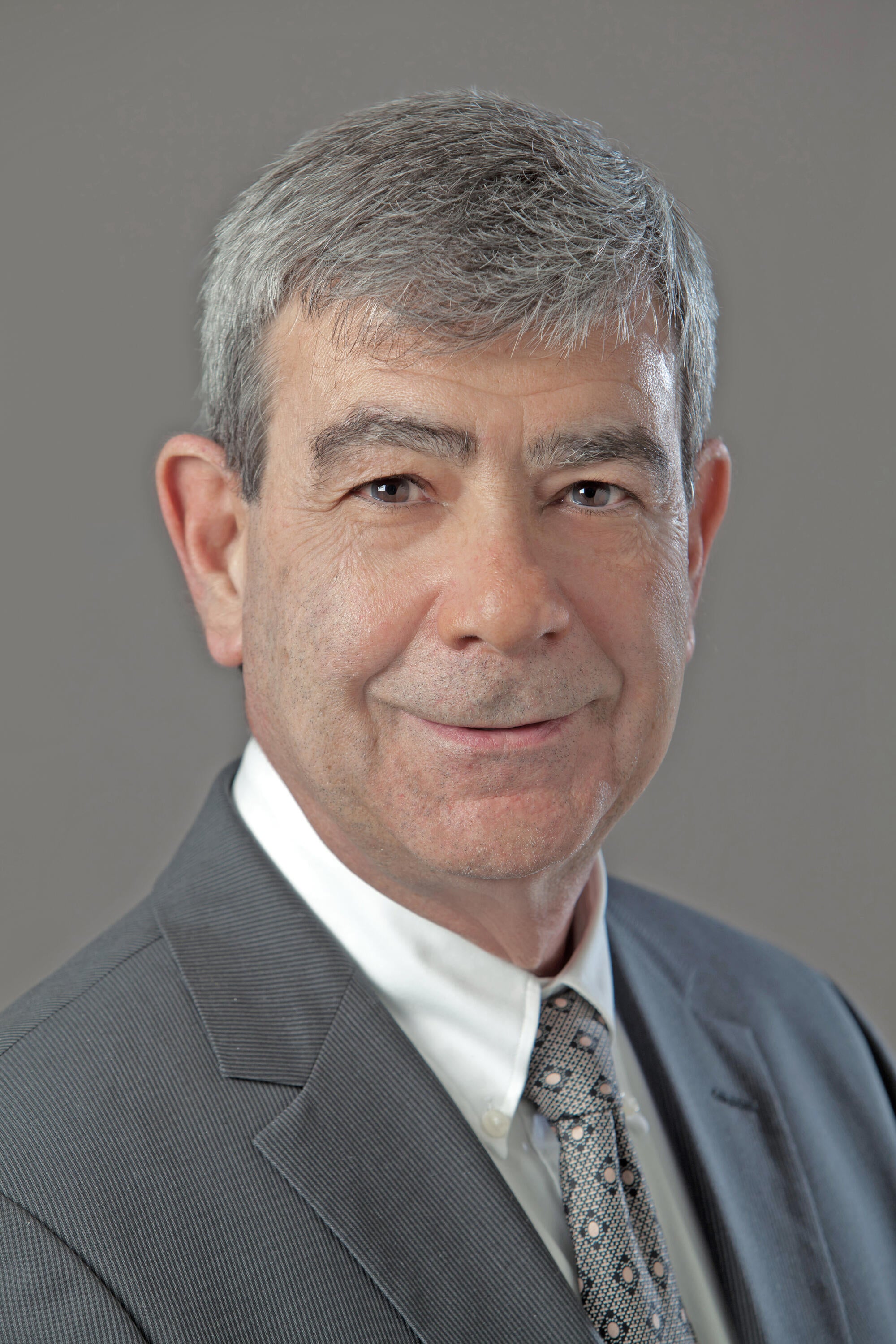
Dr Dennis Ruskin (FAAO ‘89) completed a Bachelor of Arts in zoology at Western University in 1972. While completing his degree, Dennis found he was most interested in his physiology courses, so, while still unsure of what he wanted to do for his career, he at least had a vague direction.
During this time, Dennis heard about the Optometry program at Waterloo by a complete fluke, when one of his colleagues mentioned it to him, saying it sounded interesting. Dennis also thought that optometry would make for a very interesting profession, so he applied.
Attending the School was a very exciting time for Dennis. He quickly fell in love with optometry and wanted to immerse himself in the field to learn everything he could. Dennis also loved the optometry building itself, as it was new and very impressive. “I felt like a winner in that building. This was a brand new building. I felt it was a brand new profession.”
Dennis also loved the collegiality he felt with his classmates over his four years at the school, with many of the bonds he made during that time withstanding the test of time. Moreover, it allowed Dennis to meet people from all over the world with a shared interest in the field he held so dearly.
In his final years at Waterloo, Dennis attended a conference in Boston offered by the American Optometric Association for Students. He met a lot of people as fascinated with the field of optometry as he was, and prescribed to the message he received from the association. “The purpose of the American Academy, to me, was that I could always top up and be the best I could be” Dennis would receive Fellowship in the American Academy of Optometrists in 1989.
Dennis would go on to dedicate a large part of his career to volunteerism and engagement related to optometry. Back when Dennis was a student at Waterloo, he was very quiet and shy, so he didn’t often volunteer. However, after graduation, Dennis realized that he wanted more. This is what ultimately led him to start his own practice and eventually, people came asking if he would do volunteer work. Dennis always said yes, even if he didn’t exactly know what he was getting himself into. “My saving grace, or my biggest disadvantage, I’m not sure, was that I always said yes.”
This led Dennis to become heavily involved in many different volunteer positions, including many roles at the College of Optometrists of Ontario, where he was part of nearly every committee at the college. One of his most notable achievements was signing the amendment to allow for independent contractors to work in Ontario while being the president of the college himself.
Dennis would go on to become a supporter of the Waterloo Eye Institute (WEI), as it aligns with his views that we must continue to move forward the field of optometry. The WEI provides training and leadership for future optometrists, works directly with optometrists, informs them of outreach programs and provides the clinical research they’ll need – initiatives that all align with Dennis’ perspective as an optometrist.
More recently, Dennis was inspired to become an Alumni Class Representative. After hearing stories from his colleagues about how they’ve led successful careers and practices because of the School, Dennis thought the best thing that he could do was to give back to the place that helped give him his passion in life.
Dennis always wants what’s in the best interest of the patient and the profession as a whole. Overall, Dennis’ involvement as an Alumni Class Representative is oriented towards empowering optometrists, and teaching them to be engaged advocates for the quality care they provide.
Dr Dennis Ruskin’s career has been packed with not only a passion for optometry, but also a mission of advocacy for engagement and volunteerism. All of this from a simple fondness of science developed when Dennis was just six years old.